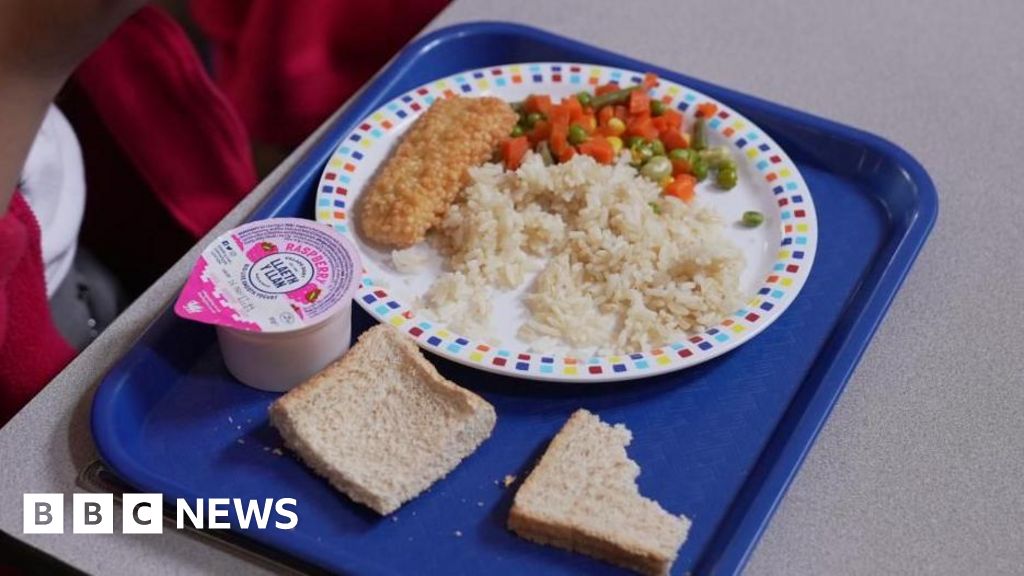“Wow – I”m glad you asked that!”
getty
A job interview can often feel like an inquisition. Talking about yourself isn’t easy, in the job interview process – but your conversation is the key to your success. You may be wondering, “Is this experience relevant? Am I rambling? How am I coming across…?” as you go through the interview process. But none of these are the best question to be asking yourself, or anyone else, in your job search. Beyond these mental mind-traps (a fancy way of saying “insecurities”), there’s a better question you need to ask, in the job interview. That’s right, while you are being asked questions – and delivering your answers – consider a proven pathway that can help you to keep your stories short, on point and clear, inside the job interview process. Discover the best question for your job interview, and you’re one step closer to landing the gig.
Sometimes interviews are designed as “one-way” conversations – in other words, the job interview is really an interrogation, where the company asks the questions and you have the opportunity to verbally share your skills and talents. In this case, the job interview is not a dialogue – there’s not really an opportunity for conversation. Many companies are turning to this kind of screening interview, as a means to gain further elaboration on your resumé. But what every job seeker wants – and needs – is a conversation. After all, how can a company make an informed decision without taking questions in the job interview? Inside a dialogue, not an interrogation, the candidate (that’s you) has an opportunity to share some curiosity and inquiry, on top of all the experience you’ve mustered. You have to wonder if companies that use one-way interviews are really interested in listening to their employees – especially if they won’t listen to feedback or queries from a candidate inside the job interview.
Whatever skill you want to illustrate in a job interview – such as your financial acumen, your attention to detail, your ability to lead others or your consideration for customer experience – remember to think like an attorney, in the job interview process. That may sound strange, but an attorney knows that you can’t discuss something that hasn’t been entered into evidence. Adjectives are not evidence. Spitting adjectives about yourself is just bragging – or, perhaps, a lack of awareness around how job interviews really work.
Court Is In Session: Talk About Your Background in the Job Interview
Without the facts of the case, attorneys could misrepresent their clients, and could be cautioned (or even punished!) by the judge. Without evidence, the story sounds made up, inappropriate and disconnected from the case at hand. In other words, if you wish to submit something into evidence (such as the fact that you have a terrific knowledge of ERP systems, or you are brilliant regarding cost-accounting procedures), the evidence of your skills comes in the form of a story. Stories support your claims, and provide the kind of evidence that’s convincing in the job interview process.
Focus on Sharing Your Stories, In the Job Interview: The Evidence of Your Skills
Instead of worrying about how you are coming across in the job interview, focus on what really matters: telling a short and compelling story that illustrates your skills and talents. If you believe you are a determined self-starter, what’s a story that supports that point of view? What’s the evidence of your skills, shared in a concise story? That way, the job interview isn’t just a bunch of bold claims or self-love – it’s an evidence-based exploration of stories that showcase you have the abilities needed to get the job.
And then: get curious.
Get curious about how you might fit into the organization, assuming the job interview goes your way. Isn’t that what the job interview is really all about, on both sides of the desk? The company wants to know if you are a fit. You want to know if you are a fit. So, the best question you can ask in a job interview is the one that points towards what it is that you want: being the right fit!
Remember, the job search process is a process – and there’s no need to throw tact out the window. Of course you would never blurt out inappropriate requests – “Just hire me, I’m so desperate!” Yikes. That’s like proposing marriage on the second date. Or turning the job interview into a hostage situation. How do you think that’s going to end? Probably quickly, and not the way you want it to.
The interview process is a give and take, when the job interview is a conversation. From a place of understanding, not desperation or insecurity, notice that the interview is an opportunity for discovery. Namely, discovering if you are a fit for the role! Instead of deciding inside your own mind that you’re off the mark, you’re not a good interviewer, or whatever other kind of mental garbage is bouncing around in your head – why not turn to the person right in front of you and check in to see if you are on track? Look, every conversation that’s viewed from the inside out will feel like a series of mistakes and mess-ups. That’s why it’s vital to get out of your own head, in the job interview. Focus on service, and share your story. Because your conversation might just be more powerful than you realize!
Share your curiosity around the next logical step – and you will demonstrate that you are clear-headed and focused on the job interview process. Isn’t it logical and sensible that you would like to know how your stories and evidence might fit within the company culture? Don’t you want to know how your background could be of service to your potential employer, in the job interview?
Don’t Wait: Ask the Question that Matters in the Job Interview
Asking about how your stories and skills might fit is the most important question you can ask. Alignment is the goal. For example, if you are asked about your work ethic and dedication, share a story that shows how you come in early and you stay late, with examples of impact and collaboration. Share a story that is your personal connection to the Nike principle, “Your job isn’t done until the job is done.” Then, as you have offered a memory into evidence in the job interview, don’t stop. Stay curious.
“How does that experience align with your vision for the role?”
That’s the question that can make a difference in the job interview, because it opens up the dialogue. It’s an opportunity for the interviewer to consider you and your background in the position. While there are no guarantees that you will get the job, you’re at least opening up the possibility – and you have an opportunity for deeper discussion.
For example, if you ask the best question in the job interview process – “How does that story fit?”, or “How does that align for your objectives for this position?”, the interviewer may say, “Well, I think I envisioned more experience with SAP software for this position.” Instead of jumping to the conclusion that all hope is lost (because hope is never lost, we just don’t always know where to find it) remember that this response, like all feedback, is a gift. Now you have the opportunity to share more about your accounting background, via a story. “I’m glad you brought that up,” you might say in the job interview, “because that reminds me of a story I forgot to share…” A new skillset can be introduced, in the form of a story, followed by an edited version of the best question in a job interview: “So, does that align with what you are looking for in this role?”
Credit: Source link










